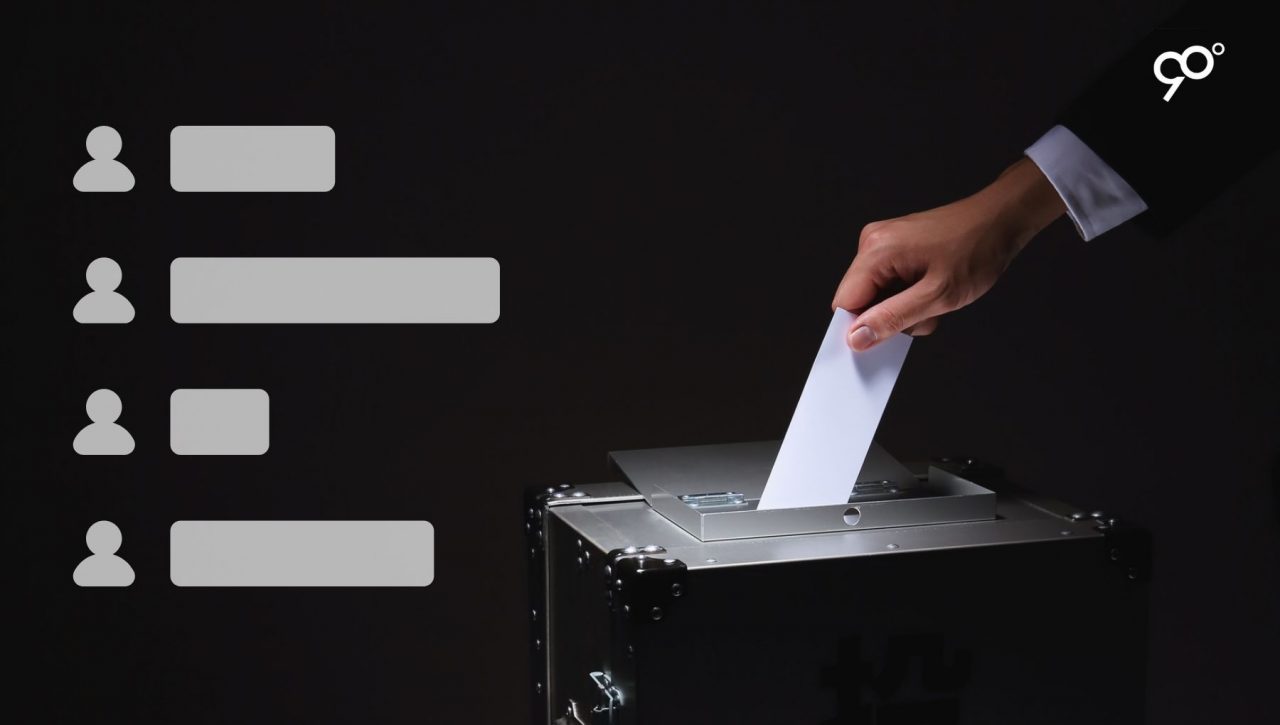
Polling plays a critical role in political public relations (PR), shaping campaign strategies, influencing public perception, and guiding decision-making. Political leaders, parties, and strategists rely on polls to assess voter sentiment, refine messaging, and measure the effectiveness of their campaigns. In the digital age, polling has evolved with new technologies, offering real-time insights into shifting political landscapes.
Understanding Public Opinion
Polling serves as a barometer of public opinion, providing valuable data on voter preferences, concerns, and expectations. By analyzing poll results, political PR teams can tailor their messaging to resonate with target demographics, addressing key issues that matter most to constituents. This data-driven approach ensures that political communication remains relevant and impactful.
Influencing Campaign Strategies
Elections are often won or lost based on a candidate’s ability to connect with voters. Polling data helps political strategists identify strengths and weaknesses, refine campaign strategies, and allocate resources effectively. By monitoring public sentiment, politicians can adjust their approach, emphasize popular policies, and mitigate potential controversies before they escalate.
Crisis Management and Damage Control
In times of political crises, polls provide crucial insights into how the public perceives a situation. Negative polling numbers can serve as early warnings, prompting PR teams to take corrective actions. Whether addressing scandals, policy missteps, or leadership concerns, politicians use polling data to craft responses that rebuild trust and restore confidence among voters.
The Digital Revolution in Polling
Advancements in digital technology have transformed polling methodologies, making data collection faster and more accurate. Online surveys, social media sentiment analysis, and AI-driven analytics provide real-time feedback on public opinion. This shift allows political PR teams to adapt their strategies dynamically, responding to changing voter attitudes more effectively than ever before.
Limitations and Ethical Considerations
Despite its benefits, polling has limitations. Biased sample selections, poorly framed questions, and external influences can lead to misleading results. Additionally, over-reliance on polling data can sometimes overshadow genuine public engagement. Ethical polling practices, transparency in methodology, and consideration of diverse perspectives are essential for maintaining credibility in political PR.
Polling remains an indispensable tool in political PR, offering insights that shape campaign strategies, influence public perception, and guide decision-making. While technological advancements have improved polling accuracy and accessibility, maintaining ethical standards and a balanced approach is crucial. In an ever-evolving political landscape, effective use of polling can be a game-changer for political success.
Follow Ninety Degrees PR Solutions on LinkedIn for more public relations and communication related articles.







